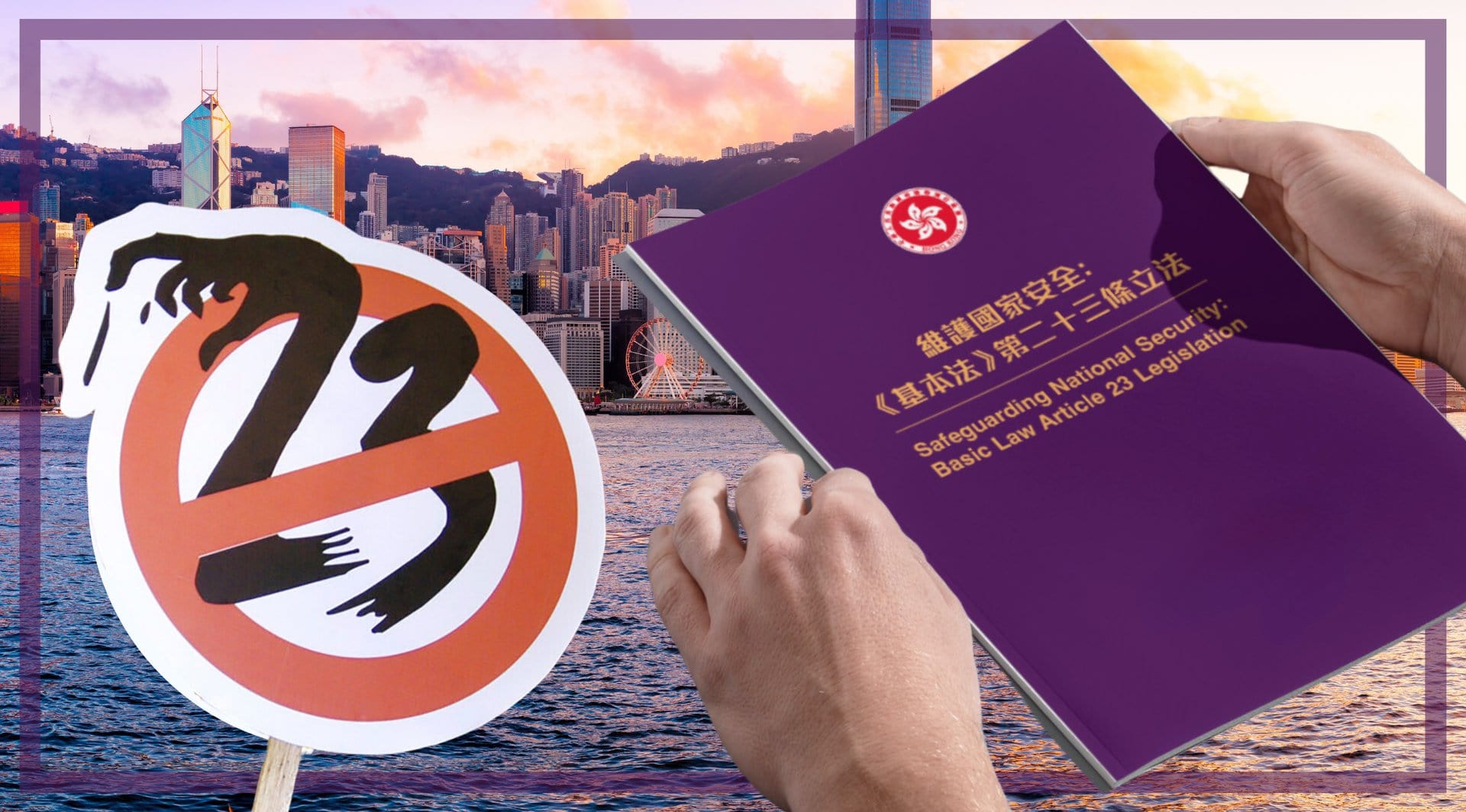- CPMI and IOSCO report considers the benefits and challenges of new access models to central counterparty (CCP) clearing and client-position portability.
- CPMI and IOSCO encourage industry efforts to engage in further work to enhance transparency and disclosure regarding new access models and facilitate porting.
- CPMI and IOSCO will monitor market developments and consider whether to re-engage in this area in the future.
8 September 2022 – The Bank for International Settlements’ Committee on Payments and Market Infrastructures (CPMI) and the International Organization of Securities Commissions (IOSCO) today published the report Client clearing: access and portability, which aims to increase common understanding of new access models that enable clients to directly access CCP services, and of effective porting, or transferring, practices for their positions.
The client clearing process facilitates access to CCPs, particularly for firms – known as ‘clients’ – that are not direct participants in a CCP and must rely on intermediaries to indirectly clear their trades. Since some entities cannot, or choose not to, directly participate in a CCP, improving access to client clearing is critical to the success of the G20’s objective to have all standardised over-the-counter derivatives contracts cleared through CCPs.
Against this background, the report considers the potential benefits and challenges – particularly risk management – of the new access models developed by CCPs, taking into account industry feedback.
CPMI and IOSCO encourage industry efforts to engage in further work to:
- Enhance transparency and disclosure regarding direct and sponsored access model participation; and
- Develop further effective practices to facilitate porting, thereby ensuring clients’ continued access to clearing in the event of an intermediary default.
In addition, CPMI-IOSCO will monitor market developments in this area (including other potential emerging new access models) and will engage further as needed.














